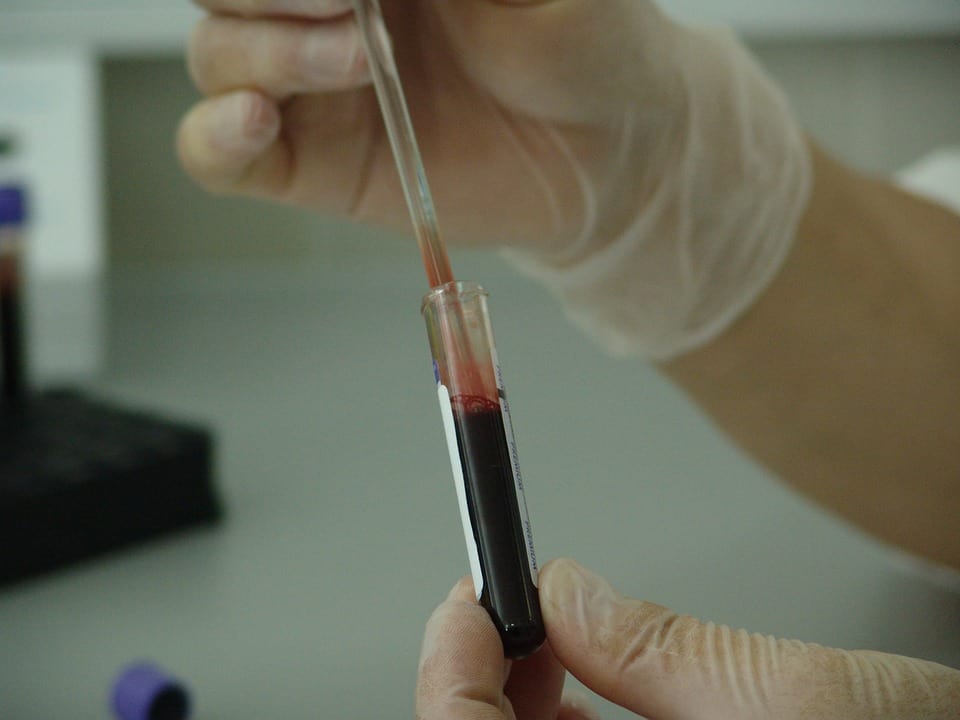
Research calls for BRCA testing in all women
pharmafile | January 18, 2018 | News story | Medical Communications, Research and Development | BRCA, biotech, drugs, pharma, pharmaceutical
For women, possessing a mutated BRCA1 or BRCA2 gene significantly increases the chances of developing breast or ovarian cancer; at present, however, the standard method of screening for the genes is to invite women with a family history of either cancer for testing.
Researchers from Queen Mary University of London suggest that a better model may be to invite all women over 30 to be screened for the faulty gene. The conclusion was reached after a cost-effectiveness study revealed that the expense of scanning women, £175 per person, is outweighed by the cost of potentially treating women that go on to develop cancer.
It would also prevent a number of deaths and diagnoses, allowing the women to continue working and contributing to the economy.
Focusing on the UK population, the study concluded that screening of the 27 million women over 30 in the UK would prevent 64,500 breast cancers, 17,500 cases of ovarian cancers and save 12,300 lives.
Dr Ranjit Manchanda, Consultant Gynaecological Oncologist, Barts Cancer Institute at Queen Mary University of London, and Barts Health NHS Trust, UK, says: “Recent advances in genomic medicine offer us the opportunity to deliver a new population-based predictive, preventive and personalized medicine strategy for cancer prevention. Our findings support the concept of broadening genetic testing for breast and ovarian cancer genes across the entire population, beyond just the current criteria-based approach. This could prevent thousands more breast and ovarian cancers than any current strategy, saving many lives.”
He continued, “With the costs of testing falling this approach can ensure that more women can take preventative action to reduce their risk or undertake regular screening. As knowledge and societal acceptability of this type of testing increases, it can in the future provide huge new opportunities for cancer prevention and changes in the way we deliver cancer genetic testing.”
However, the authors of the study cautioned that this is not an action they are encouraging to be adopted immediately. Infrastructure issues would prevent that from being feasible but also because there needs to be an evaluation of the needs of women who could potentially be told they had a high chance of developing cancer.
This means that a large number of counsellors would have to be made available to help women and families through the psychological strain, especially if women were advised towards risk-reduction surgery that, in half of women discovered to have gene mutation, leads to mastectomies or the removal of the ovaries.
The benefits of whole population scanning were also suggested to hold true for the US.
Ben Hargreaves
Related Content

Arkin Capital closes $100m fund for pre-clinical and early clinical-stage biotech
Arkin Capital has announced the closing of Arkin Bio Ventures III, a $100m fund designed …

Cellbyte raises $2.75m to fund pharma drug launch platform
Cellbyte has announced that it has raised $2.75m in seed funding for the streamlining of …

Lilly opens fourth US Gateway Labs site
Eli Lilly has opened its newest Lilly Gateway Labs (LGL) site in San Diego, California, …






